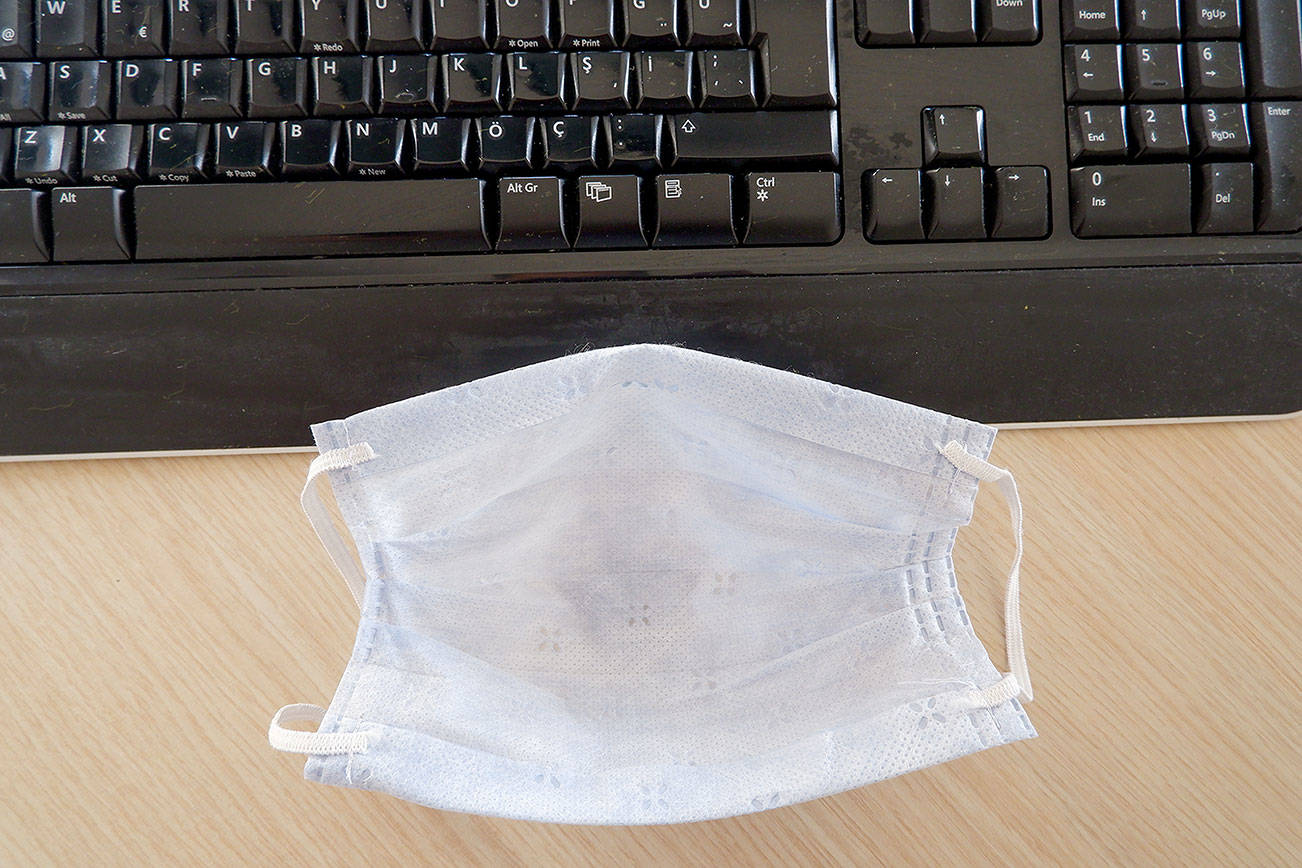Even as the federal government eases COVID-19 guidelines for those who are fully vaccinated, King County’s top doctor is still urging caution.
The Centers for Disease Control last week announced that people who are fully vaccinated can resume activities they did prior to the pandemic, and ditch masks both indoors and outdoors, along with staying six feet apart. Those who have been exposed to COVID-19 also do not have to quarantine themselves or get tested unless they have symptoms.
While states, tribes, local governments and businesses can still impose mask restrictions, the guidance is a landmark milestone in the country’s recovery from the pandemic, which has raged across the U.S. since early 2020. The decision came after a study found that the Moderna and Pfizer vaccines provide 94% protection in frontline workers, according to CNN.
In order for vaccines to be effective, people must wait two weeks after a second dose of either Moderna or Pfizer, and after a single dose of Johnson and Johnson.
However, several businesses in Washington state have already said they will keep mask rules in place, the Seattle Times reported. Costco announced it would stop requiring masks for fully vaccinated customers, although its pharmacies, hearing aid and optical centers will still require them. Other businesses, like Starbucks, will still keep mask mandates in place.
In King County, as of May 17, more than 51% of people ages 16 and older are fully vaccinated, according to the Washington State Department of Health dashboard. It’s the fifth-highest vaccination rate by county in Washington state. Statewide, nearly 45% of people 16 and older are fully vaccinated.
Jeff Duchin, Seattle – King County Public Health officer, took to Twitter on May 14 to give his thoughts on the easing of mask restrictions.
Duchin said vaccinated people do have a very high level of protection to COVID-19 when compared to unvaccinated people, and have a much lower chance of getting sick if exposed. But it can be hard to know who is or who isn’t vaccinated in a public space.
“If unvaccinated people don’t wear masks indoors,” the spread of COVID-19 spread may increase, Duchin said. “And, because no vaccine is 100% effective, when more (COVID-19) is spreading in the community among the unvaccinated, the risk of being exposed and infected is higher for everyone.”
Vaccinated people with weakened immune systems, and those who want to reduce their risk as much as possible, should consider continuing to wear masks indoors when around unvaccinated people. On top of this, Duchin said everyone should continue to wear masks in correctional facilities, homeless shelters, schools, public transportation, long-term care facilities and hospitals.
Talk to us
Please share your story tips by emailing editor@kentreporter.com.
To share your opinion for publication, submit a letter through our website https://www.kentreporter.com/submit-letter/. Include your name, address and daytime phone number. (We’ll only publish your name and hometown.) Please keep letters to 300 words or less.

